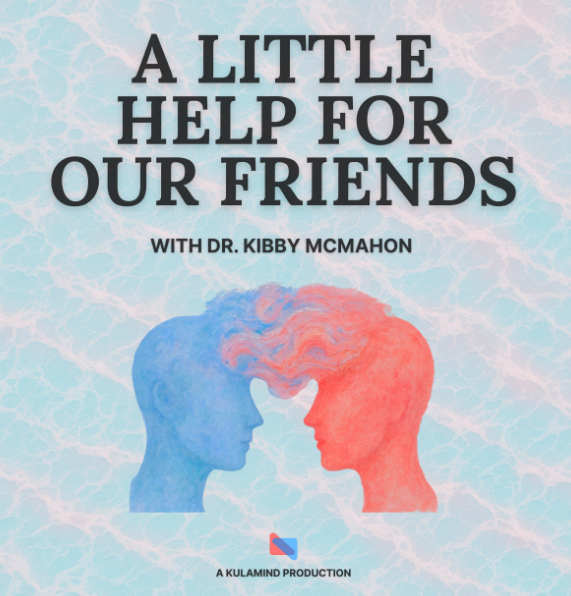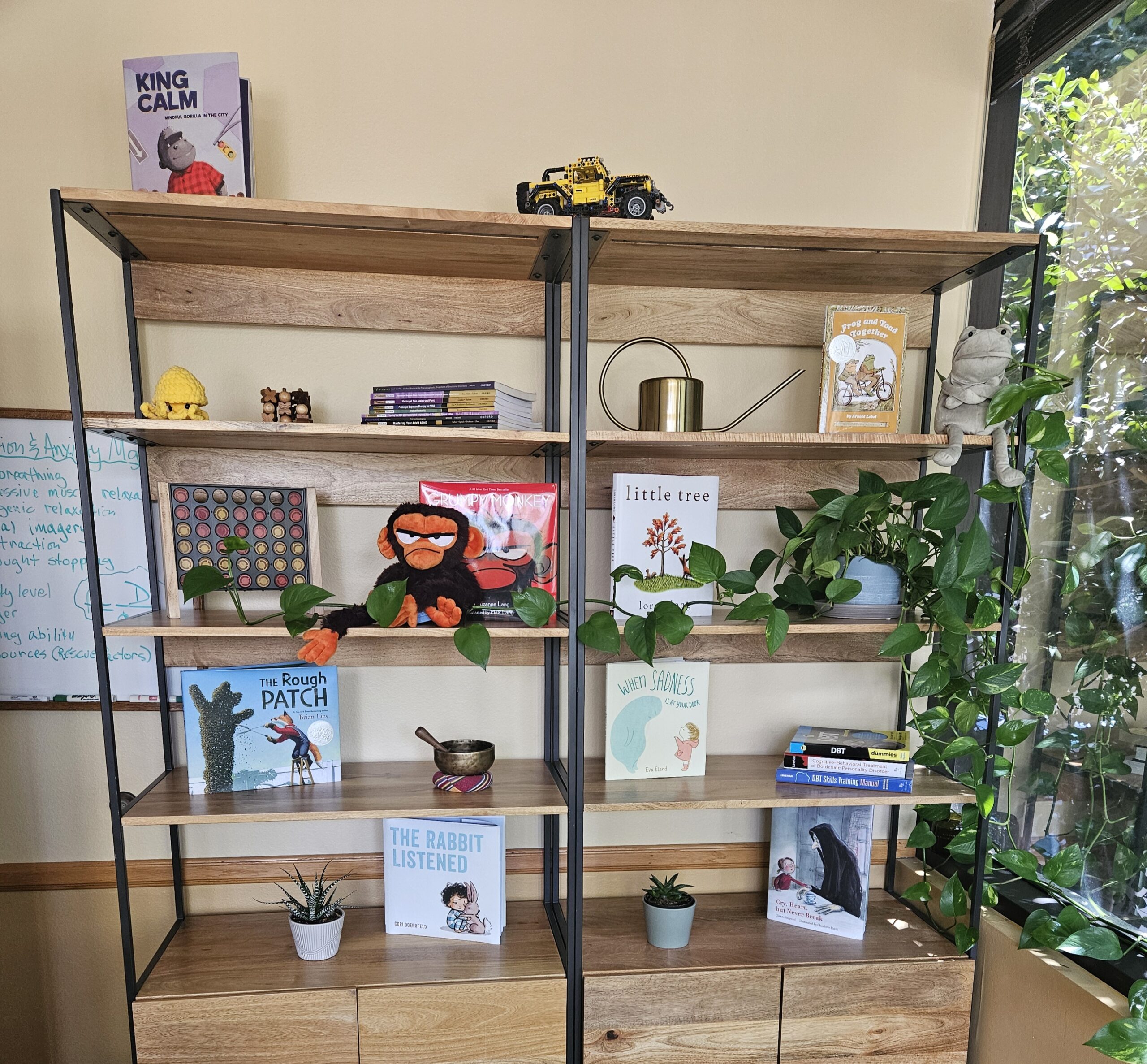Parenting Anxious Young Adults in an Algorithmic Age
Every week, families reach out asking the same question:
“My young adult is overwhelmed, shut down, or angry. How do I help them?”
It can feel confusing and scary when a child who once tried hard now avoids everything—school, work, responsibilities, friendships. In his recent conversation with KulaMind, Dr. Marcus Rodriguez offered a powerful framework that helps parents understand what’s really happening beneath the surface.
Below is a short clip from that discussion.
“Sometimes we (and our kids) get stuck in a loop where the very strategies meant to bring control leave us feeling even less able to get our core needs met.” —Dr. Rodriguez
The Hidden Cycle Behind “Problem Behaviors”
Many parents see a combination of:
-
anxiety
-
anger or irritability
-
avoidance
-
shutdown
-
reassurance-seeking
-
endless scrolling
-
“executive function failures”
It’s natural to assume these behaviors are the problem. But as Dr. Rodriguez explains, these patterns are often secondary anxiety and anger—the nervous system’s desperate attempt to protect young people from feeling something even harder:
helplessness.
Young adults who feel stuck or incapable often experience sadness, not in the tearful sense, but in the deeper meaning:
Sadness = the gap between what I want and what I have.
When sadness repeatedly leads to helplessness, the brain starts to pair the two—like Pavlovian conditioning. Eventually helplessness becomes so intolerable that the nervous system recruits:
-
anxiety (“avoid this so you don’t fail”),
-
anger (“attack so you don’t feel helpless”), or
-
shame (“it’s all your fault, which means you should be able to fix it”).
These secondary emotions temporarily protect the young adult—but they also pull them further from the meaningful relationships and activities they need most.
Why Young Adults Are More Overwhelmed Than Ever
Today’s young people are facing a tidal wave of information their developing brains simply can’t regulate alone:
-
algorithm-driven feeds that reward outrage
-
climate anxiety and geopolitical instability
-
constant comparison
-
economic uncertainty
-
pressure to perform, look, and “be successful”
One example from the interview: a middle-schooler whose feed became filled with videos of dying pets because she “liked” one video out of fear. She didn’t understand how algorithms shape what she saw—and the result was panic, helplessness, and compulsive scrolling.
Young adults are compassionate and aware in ways previous generations weren’t—but that compassion comes with emotional costs.
What Parents Can Do Today
1. Regulate your body first
Parents don’t have to be perfectly calm—but matching a child’s dysregulation will always intensify the problem.
Soften your shoulders. Slow your breath. Speak gently.
Your nervous system sets the tone.
2. Get curious about the need underneath the behavior
Instead of focusing on the anxiety, anger, or avoidance itself, ask:
“What core need is my child struggling to meet?”
Often the answer is:
-
meaningful relationships
-
meaningful activities
-
hope that trying will matter
3. Validate the experience, not the behavior
You can say:
“I can see how much this feels like too much. I’m here with you.”
Validation opens the door to collaboration.
4. Gently guide them toward agency
When safe, allow natural consequences.
When needed, push lovingly—“I believe you can handle this, and I’ll help you.”
5. Reduce algorithm-driven distress
Sometimes the most loving act is limiting exposure to addictive or fear-based content.
A Hopeful Roadmap
If you’re parenting an anxious young adult, you’re not alone—and your child isn’t broken. They’re navigating a world that overwhelms even the most resilient adults.
With the right support, families can move from panic and power struggles toward clarity, connection, and genuine growth.
To listen to the full conversation with KulaMind, visit:
https://lnkd.in/gzBb4PgH
At the Youth & Family Institute, we support families across Santa Monica, Brentwood, Pacific Palisades, and surrounding neighborhoods, helping young people navigate anxiety, depression, OCD, PTSD, self-harm, suicide concerns, and ADHD.
If your family needs support, reach out anytime at /contact/.




